What factors a Language Vendor considers when choosing its collaborators?
One of the interesting aspects of the localization industry is that it appears to be immune to crisis. Or at least, it has been so far.
A decade ago there was a fairly major crisis and the localization industry continued to grow. Perhaps it is early to know how COVID 19 will affect all the professionals who work on it this time, but sometimes, looking to the past we can try to understand the future (Robert Kiyosaki, Rich Dad, Poor Dad)
The past tells us that the translation-related business so far has had a curve that is always looking up
Market Size Language Industry
Source. Statista
Although we do not yet know how this small virus will impact the economy (although the first symptoms are beginning to be very worrying), we do know that perhaps due to the very nature of the translation business we can get out of this once again.
Working remotely is something that has put coronavirus on everyone's lips, and it is something that is most normal for those who work translating. The localization industry is quite de-localized. The role of Localization PM, Localization Solution Architect, Sales Specialist, a Remote Interpreter can be carried out from any corner of the planet without having to be tied to a desk inside an office.
Sometimes I get comments on LinkedIn, or by email in response to any of my blog posts in which you ask how someone with no experience can start in the localization industry (or the video game industry)
My answer is usually the same, from my point of view starting in this profession working for an LSP is one of the best ways, since you learn a lot when we work for a vendor.
An MLV has multiple clients, and this will force us to deal with different stakeholders, different tools, different demands. You learn a lot, so perhaps a question that can arise in all those who are studying careers related to translation is how you can work for a vendor.
And that's what I'm writing about this week.
How vendor managers choose their collaborators to work for an LSP?
During the years I worked at the vendor side. I had the opportunity to be very involved in the vendor management processes, I was involved in the different activities required to keep the vendor database updated such as the linguistic test reviews to increase the database, which is a crucial step; as the vendor database is one of the greatest assets that an LSP can have.
The quality, depth, and availability of resources in the LSP vendor database are what can make them improve or languish.
2 main requirements will guide the selection and maintenance process of a vendor database.
Quality and Reliability
Quality
Evaluating the translation quality might be a task surprising difficulty to execute for the following 3 reasons
Subjective evaluation
Limited knowledge of the target language
Expectations not aligned about the definition of quality or not aligned with the budget
When looking at evaluating quality these are some the areas worth to consider
Are there any typos, misspellings, or grammar mistakes
Are natural language standards such as date, numbers, or measurement properly transferred to the target language?
Is there a good level of consistency in the terms used in the text?
Is there a good flow in the target language?
Reliability
There is nothing more stressful for a Localization Project Manager to be waiting for a delivery of localized files and that these have not just arrived. A fight against our lizard brain begins, and we begin to think that the files will not reach us, we give the button to check new email frenetically and the minutes become eternal.
While it is true that when a translator is applying to become a regular collaborator of an LSP, no parameter allows assessing whether that future collaborator will be punctual and if we can trust him to make deliveries when he says, it is no less true that there are certain strategies to start increasing the perception of reliability as soon as you have the first translation assignment.
My favorite strategy to get our reliability levels up is what David Maister / Charles Green in his book, 'The Trusted Advisor' defines as The Trust Equation
Trust is the foundation of a strong relationship between a translator and an LSP.
Without trust, any relationship is weak. But trust has to be earned. It is not given. Trust is a feeling - and the trust equation is the best explanation that I have seen
The Trust Equation for Business Proffesionals
Over the years I've been able to see which are the patterns that the most successful translators have, being the combination of highest levels of quality and highest levels of reliability the components to thrive, even in difficult times like these days we are living.
What’s your view won all this? Do you think the localization industry will once again be immune from this crisis? What other facets do you consider that translators who want to join as regular collaborators of LSPs should take into account?
Leave your comments below and have a great week!
@yolocalizo
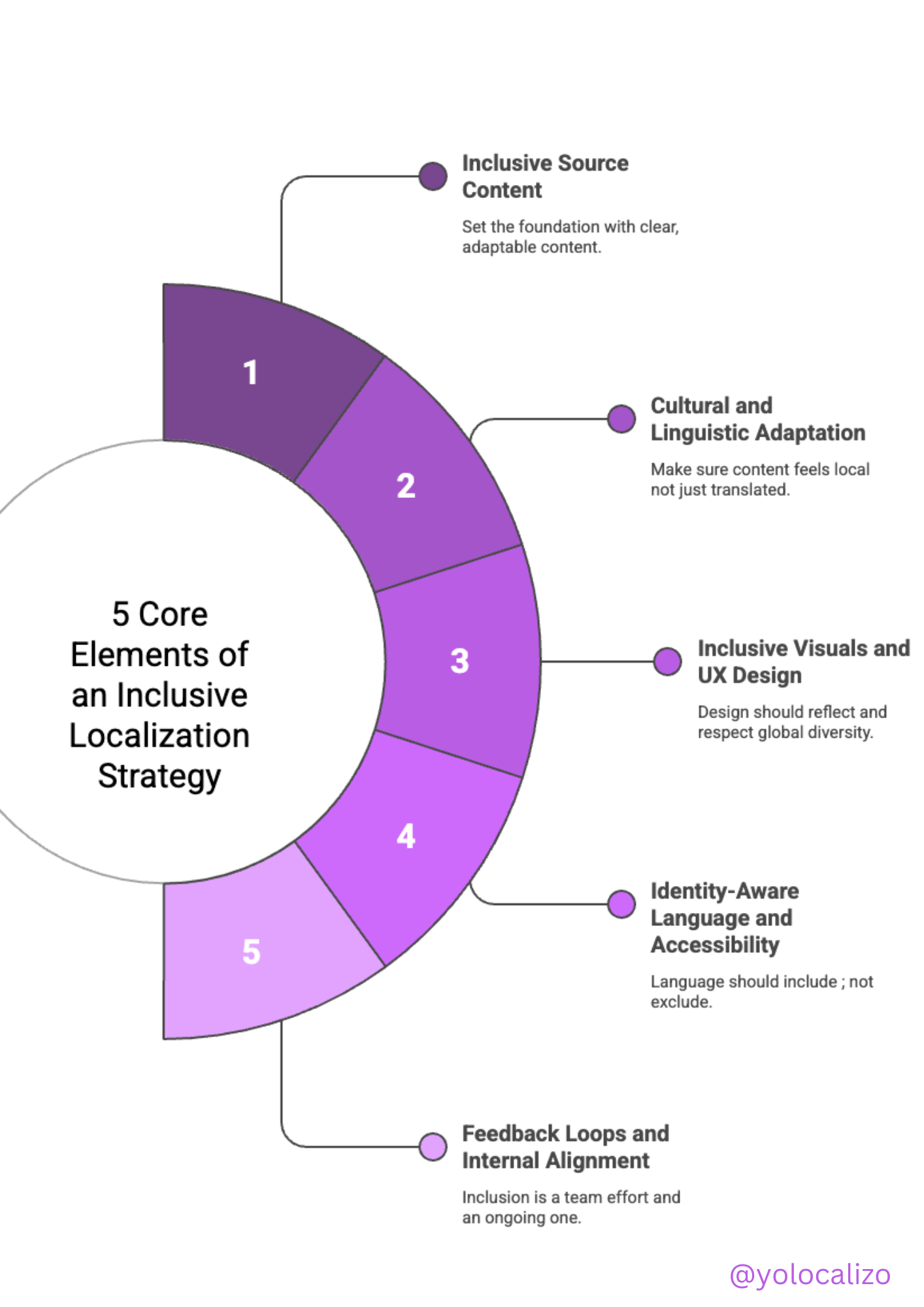

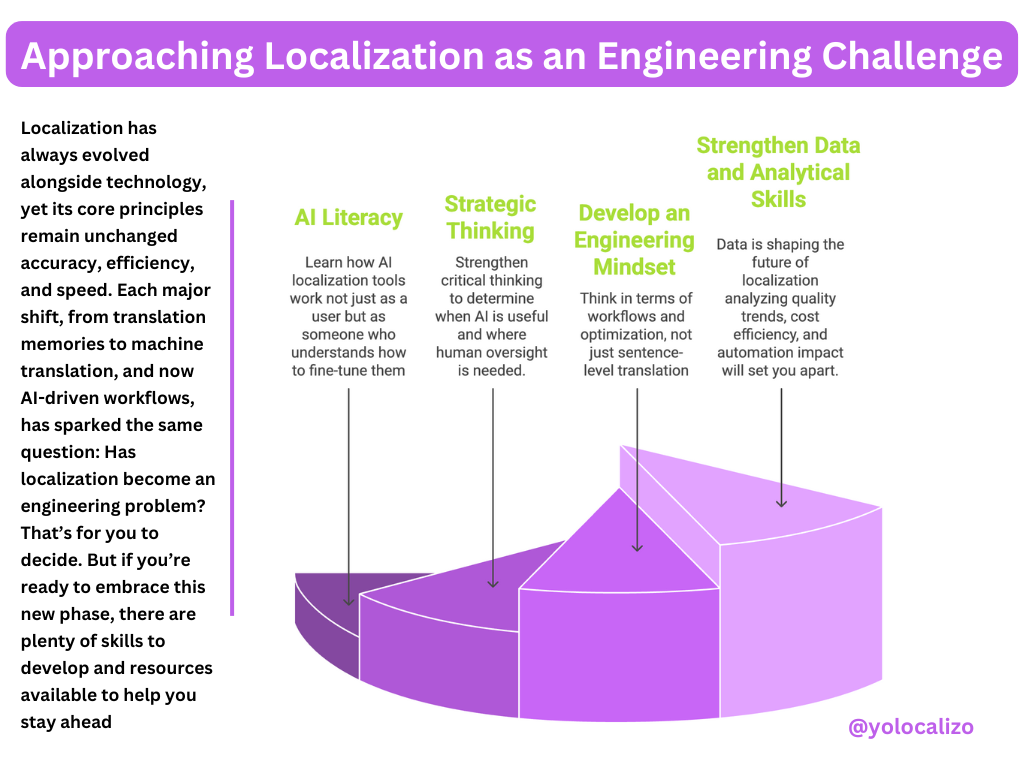
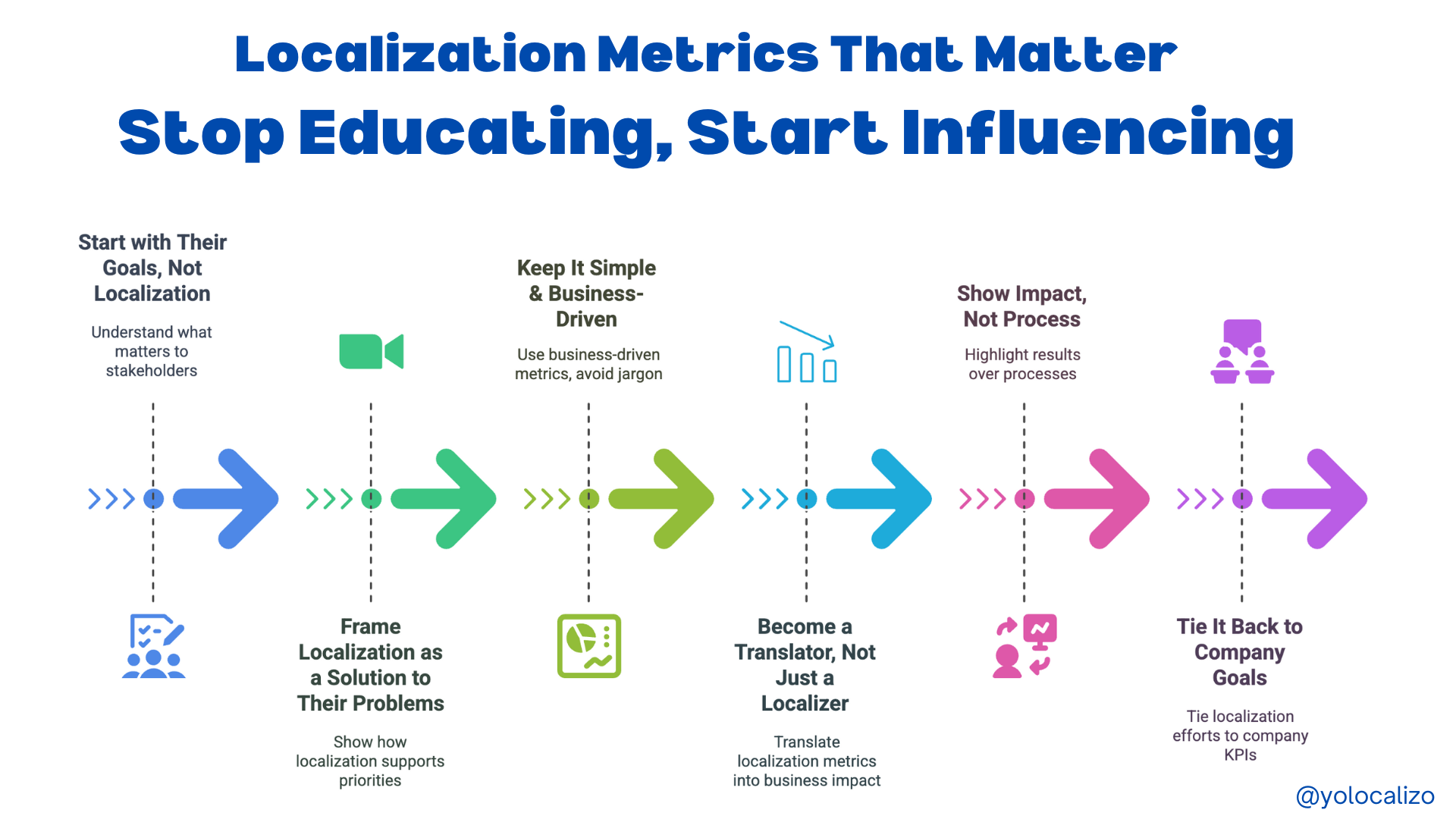


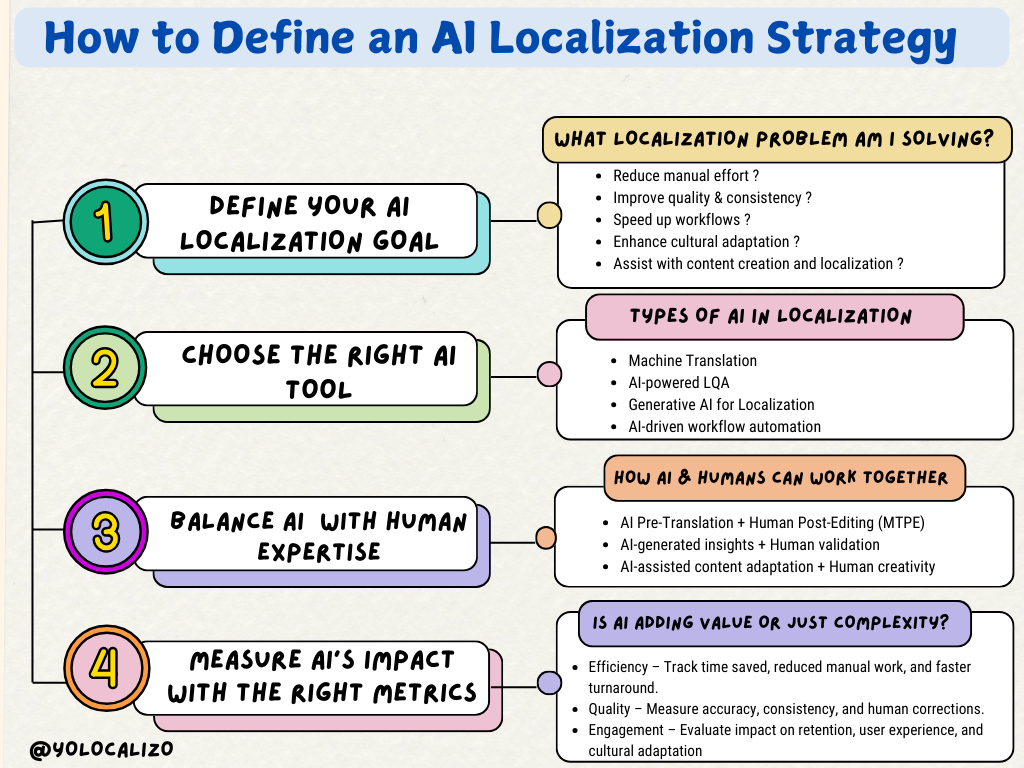




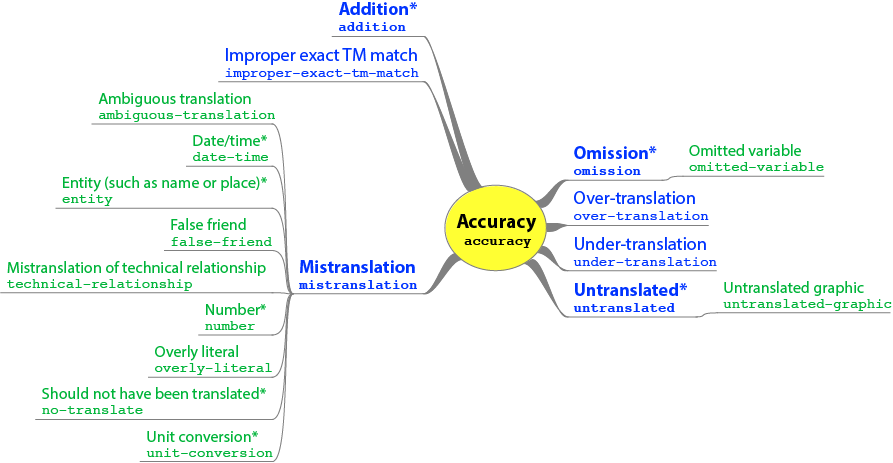






Localizability has always been a challenge small issues in source content often lead to big problems later in translation. In this post, I explore how AI is giving localization teams a powerful new way to improve source quality, reduce friction, and create better content for every market right from the start.